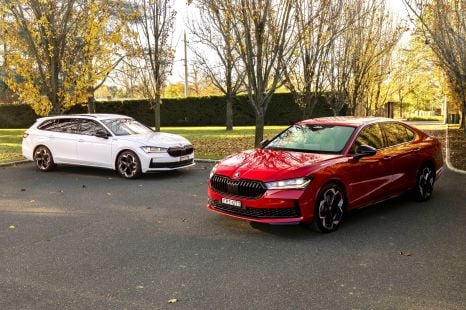

Max Davies
2025 Skoda Superb Sportline review
3 Months Ago
The Volkswagen Polo will live on for several more years, after European emissions regulations were softened in response to complaints.

Marketplace Journalist
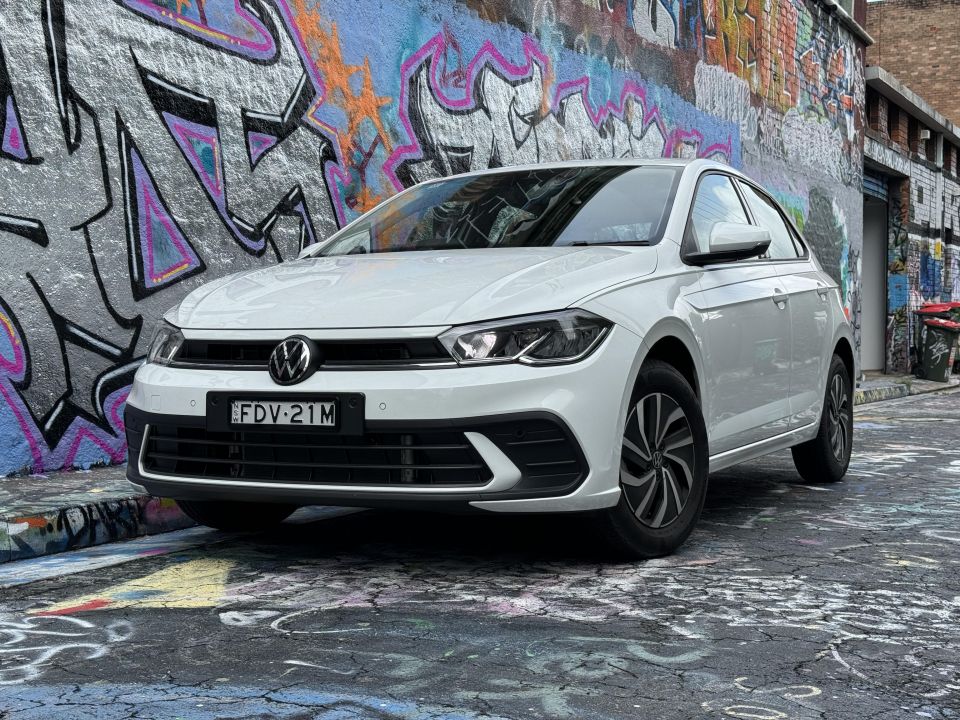

Marketplace Journalist
The Volkswagen Polo could live on for at least another five years, thanks to adjustments made to European emissions regulations.
The initial regulations were set to be introduced this year and would have killed Volkswagen’s smallest car, as the company had said it would have been prohibitively expensive to adapt it to be compliant.
But due to widespread criticism from across the car industry, European lawmakers this year passed a watered-down version of the Euro 7 regulations that largely mirrored the existing Euro 6 standards.
The change has saved cars like the Polo, with Volkswagen brand CEO Thomas Schäfer telling Autocar the “Polo will carry on… definitely until the end of this decade”.
“We will keep it fresh,” he said. “The car runs well. It’s a good entry into the brand.”
That suggests the current, 2017-vintage car will receive additional updates. It last received a facelift in 2021.
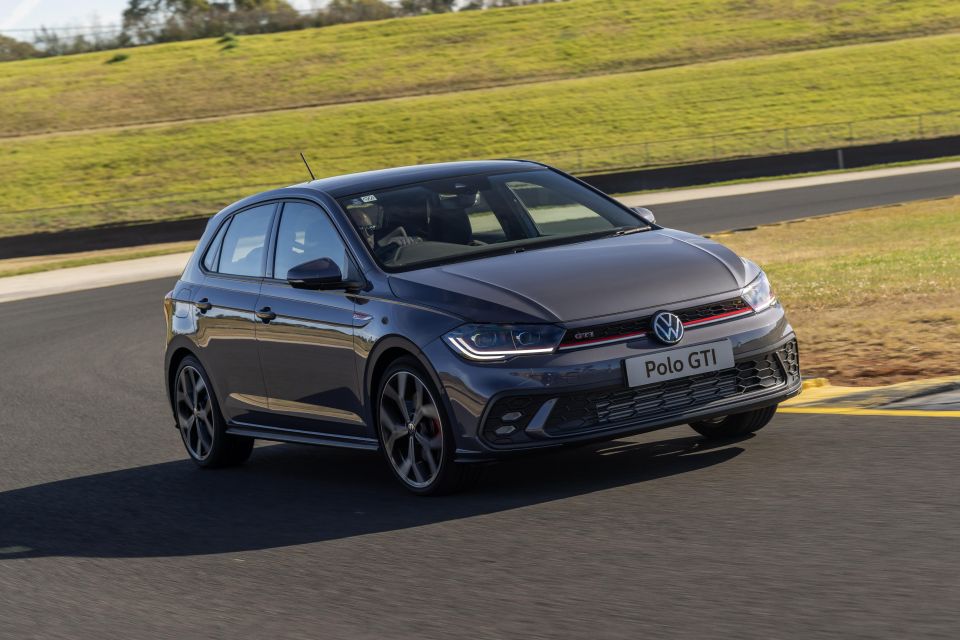
Mr Schäfer told Autocar that despite the change to emissions regulations, there were still some added costs due to Europe’s General Safety Regulation 2, which mandates a range of advanced driver assistance and safety features.
“That’s the real complication, but we did it now across the brands, and I think we can carry on,” he said.
The revised Euro 7 emissions regulations are “not as crazy [as] was posited initially”, according to Mr Schäfer.
The original proposal called for stricter testing protocols and the harmonisation of emissions limits for both petrol and diesel passenger cars, with the aim of reducing nitrogen oxide (NOx) emissions by 35 per cent and tailpipe particulates by 13 per cent compared to the Euro 6 standards.
Now, the existing Euro 6 test conditions and exhaust emissions limits have been retained for passenger cars and vans, which permit diesel cars to emit NOx at a maximum rate of 80mg/km and petrol cars at 60mg/km.
At the same time, petrol cars retain a 1.0g/km carbon monoxide threshold, while diesel cars are limited to 0.5g/km.
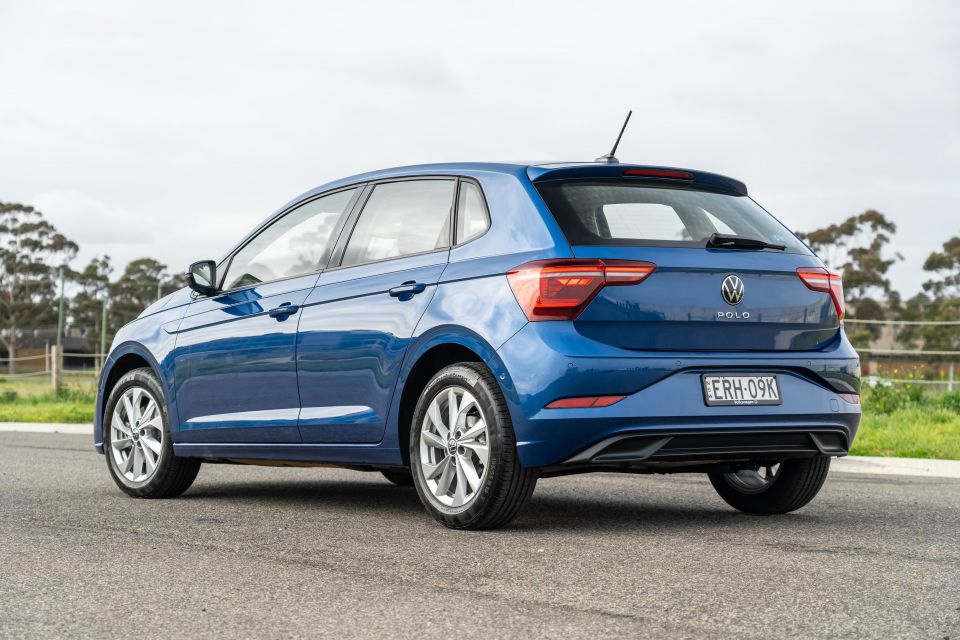
There are, however, new brake particle emissions limits, minimum performance requirements for electric and hybrid battery durability, and a new requirement for tyres to meet abrasion rates to receive approval for sale among other changes.
The new rules will apply to cars and vans in Europe from July 2030, and to buses and trucks from July 2031.
The revised ‘EU6e’ ruleset is the result of complaints from manufacturers like Stellantis and Renault, who argued it would’ve been too expensive to implement the original Euro 7 rules and taken away from their goals of securing electric-only lineups by 2035.
The new rules mean cars like the Polo can carry on for the time being, as the continuation of many EU6 emissions means there will be little impact on the cost of homologation.
MORE: Europe abandons tougher emissions laws for petrol, diesel cars MORE: Everything Volkswagen Polo
Where expert car reviews meet expert car buying – CarExpert gives you trusted advice, personalised service and real savings on your next new car.
Max Davies is an automotive journalist based in Melbourne, Australia. Max studied journalism at La Trobe University and stepped into the automotive world after graduating in late 2023. He grew up in regional Victoria, and with a passion for everything motorsport is a fan of Fernando Alonso.


Max Davies
3 Months Ago
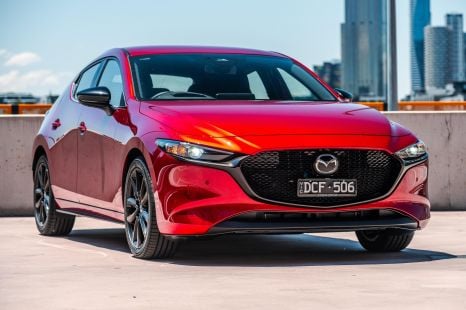

Josh Nevett
2 Months Ago
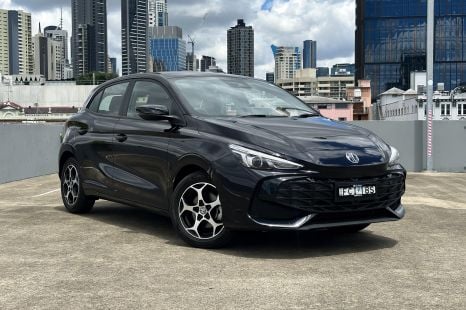

William Stopford
2 Months Ago
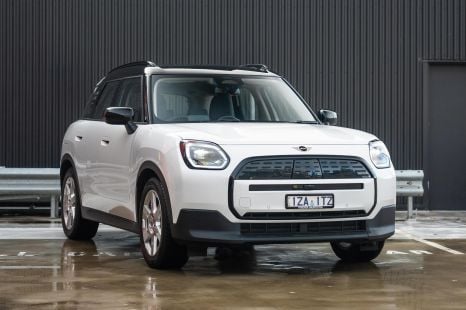

Josh Nevett
2 Months Ago
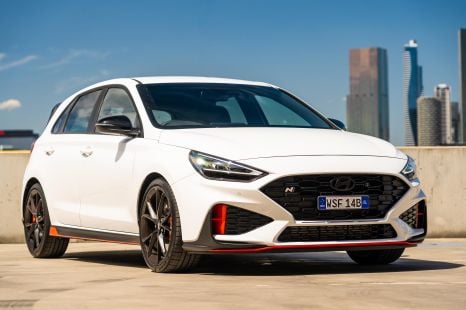

Josh Nevett
2 Months Ago
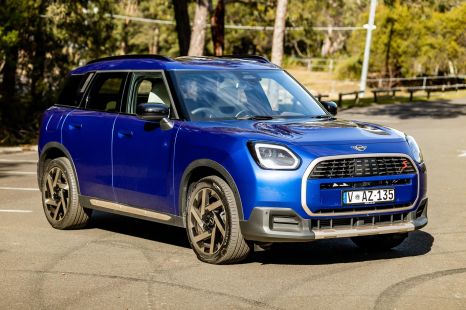

Matt Campbell
2 Months Ago